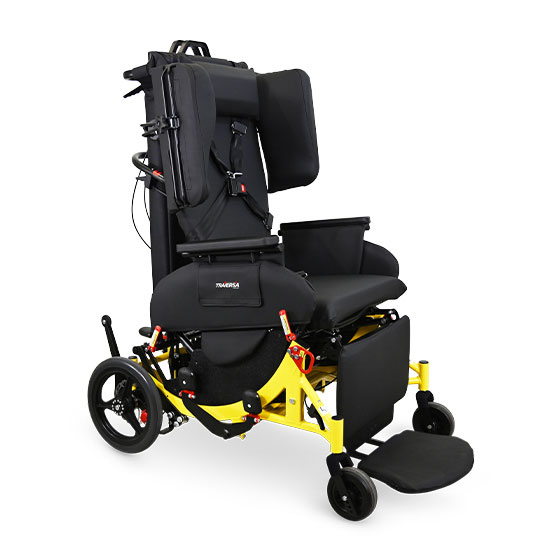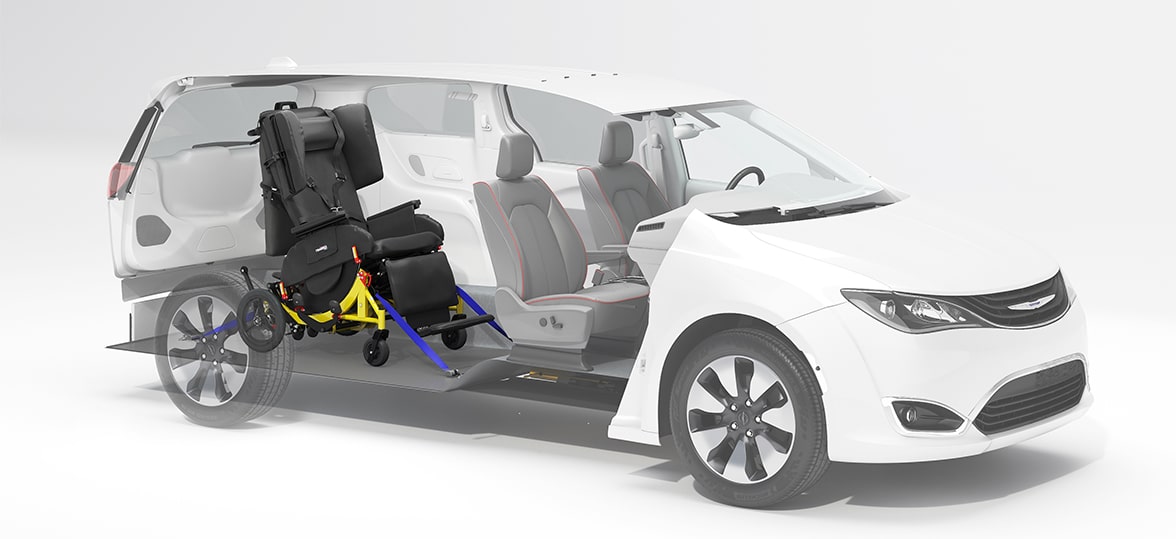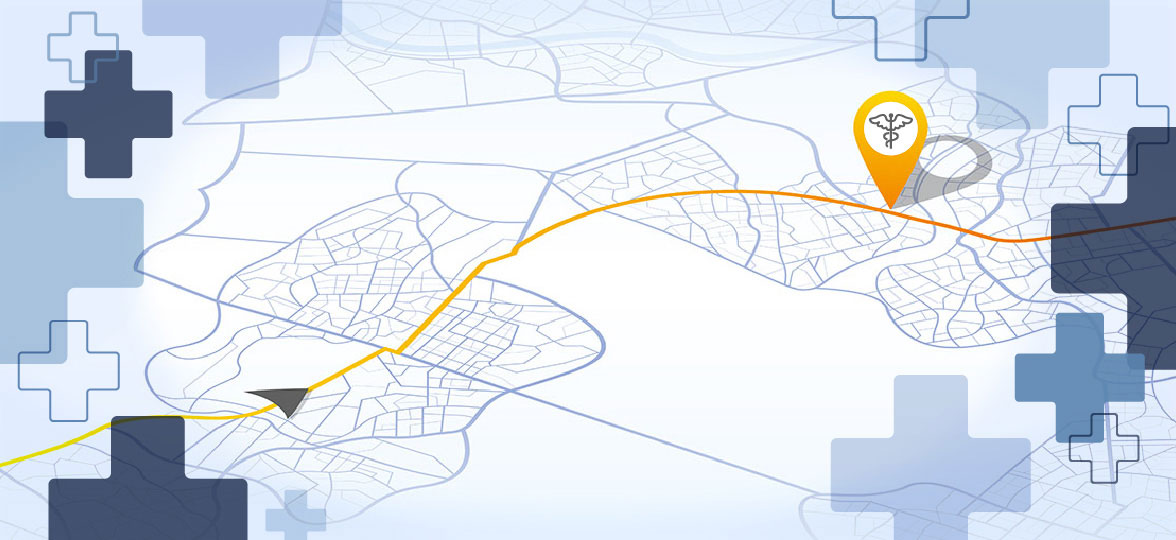Starting a non-emergency medical transportation (NEMT) service is a fulfilling opportunity to serve your community while earning generous profits. But, like all business startups, profitability is a delicate balance between your costs, time, and choosing the best pricing structure.
Who are your competitors, and what do they charge? What are your operational costs? What equipment provides the greatest return on investment long term?
We’ll discuss the importance of establishing the right NEMT rates for your business, and how equipment like the Traversa Transport Wheelchair gives your company a significant upper hand in cost efficiency, trip volume, and labor costs.
Key Factors That Influence NEMT Pricing and Costs
Establishing your NEMT rates depends on multiple factors, including your time, investment, and the specific niche you occupy in the NEMT space.
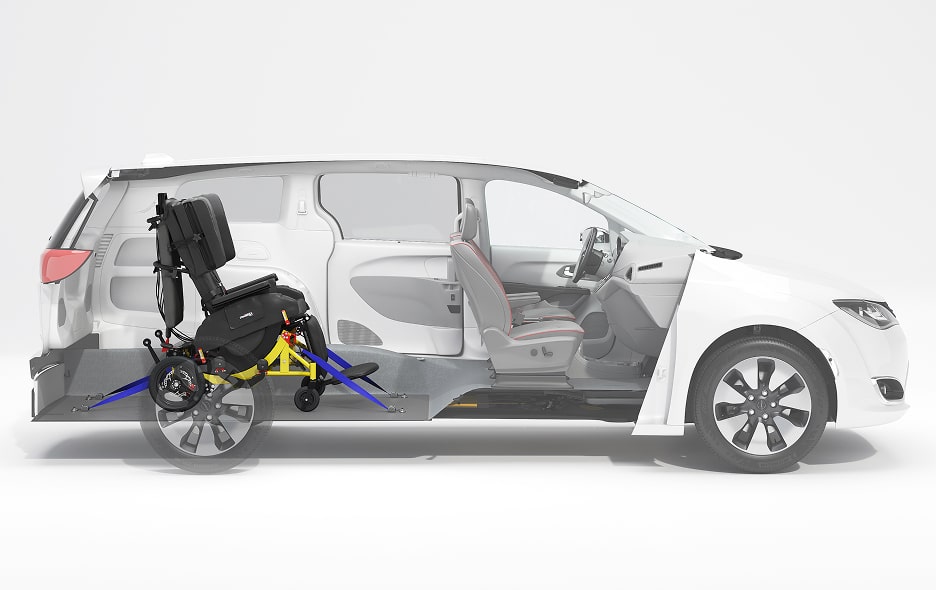
Operational Costs
When determining your price model, consider the cost of:
- Fuel
- Insurance premiums
- Licensing
- Permits
- Compliance fees
- Vehicles and equipment
- Vehicle maintenance
- Salaries
Varied Services
Not all NEMTs share the same local market conditions or serve the same sector of healthcare. Pricing and costs are impacted by:
- Whether you provide ambulatory, wheelchair, stretcher, bariatric transport services, or a combination of these services.
- Urban and rural service areas can affect the distance and number of trips you can provide.
- Specialized equipment that requires you to charge a higher fee.
- The size of your fleet and the age of vehicles that could require additional maintenance.
Market Competition
The growth of the NEMT market can profoundly impact local competition, with an expected rise to $15.57 billion by 2028. This likely means an increase in competitive non-emergency medical transportation rates. NEMTs will also make use of strategies like offering discounts and various incentives.
Common Pricing Models in the NEMT Industry
NEMT rates vary depending on market conditions, so NEMTs rely on different pricing models that best match local factors like distance, geography, population, and the number of healthcare facilities.

Base Rate Plus Mileage
This pricing model establishes a flat rate for each trip and charges an additional rate per mile. For example, $50 plus $3 per mile traveled. This model is beneficial when the distance to different facilities varies greatly.
Flat Rate Pricing
For predictable routes you cover frequently, a flat rate is often the best model.
Tiered Service Rates
Tiered NEMT transportation rates can reflect affordable prices for standard service and premium prices for services like additional assistance or the use of extra equipment.
Contract Pricing
One of the best ways to ensure recurring revenue is to establish contracts with local healthcare facilities, including hospitals, skilled nursing facilities, long-term care facilities, etc. Offering special contract pricing gives you an edge to secure the deal.
How Medicaid, Medicare, and Private Insurance Reimbursements Impact NEMT Rates
NEMT pricing and profits are closely linked to insurance reimbursements. Medicaid rates for NEMT services vary widely from state to state, but in all cases, states may claim partial federal matching for these expenses.

Medicare does not generally cover NEMT expenses, but in the most critical cases, Medicare covers ambulatory services. In certain cases, Part B may approve a doctor’s order that an NEMT is medically necessary for the patient’s health, and Part C plans from private insurers may offer transportation as a benefit. The NEMT private pay rates will still vary from state to state. Rates can be as low as $25 for a simple ambulatory trip, or as much as $200-450 for a specialty wheelchair or stretcher trip.
All Medicaid and Medicare claims require accurate trip data, dates, mileage, and patient details, and must follow claims processing procedures. Compliance requires ensuring that patients meet the criteria for services, and requires documenting and validating records with healthcare providers, and validating that NEMT services follow protocol for licenses and local laws.
How to Conduct an NEMT Competitive Market Analysis
Assess your local market to build your business model around unique qualities, pricing, and services you can offer:
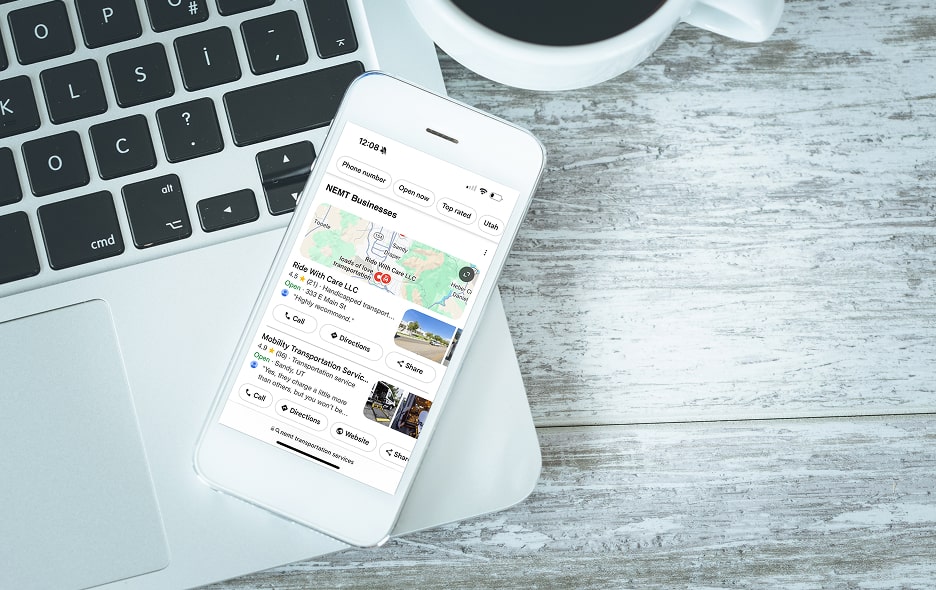
- Understand your competitors: Research online directories, healthcare facilities, and Medicaid and Medicare transportation resources.
- Compare services: Look at your competitors’ fleets, services, and unique features.
- Compare prices: Study published rates and gather client feedback regarding competitor pricing.
- Consider service pricing: Think about the value placed on unique service features.
Ways to Improve Profitability
Making well-planned, strategic decisions about your NEMT business can help you find ways to stand out in your community while increasing your profits.

Operational Efficiency
Modern tools like route optimization software help you get to your destination the quickest way, reducing fuel costs, potentially increasing the number of trips you can achieve each day, and reducing the number of repairs from wear on your vehicles.
Value-Added Services
Consider additional services you can provide your passengers, like an added fee for premium wheelchair equipment, assisting them to and from their appointment, and staying with them throughout their visit.
Dynamic Pricing Strategies
Dynamic pricing helps you earn more during peak times when there are fewer NEMT services available.
Client Retention Programs
Loyalty programs are an effective way to reward patients for their ongoing business while building long-term loyalty that leads to new recommendations.
The Right Equipment for Cost Efficiency
Choosing vehicles and other equipment built for quality and longevity pays off in the long run, as does properly maintaining them for optimum performance.
Using special equipment like the Traversa Transport Wheelchair helps you get the most from every trip and increases patient comfort. And because it only requires one operator, it reduces the cost of personnel. NEMTs find they can replace as much as 90% of their stretcher trips and save an estimated $132,500 per year with two Traversa wheelchairs and a single operator per wheelchair.
Compliance and Legal Considerations
You have to run a legal and ethical operation to build trust and grow your NEMT business. Federal regulations like ADA accessibility and HIPAA privacy protections provide a baseline for the standards you need to abide by. There are also other legal considerations like state service rules, operating permits, insurance, and other specific details you need to be sure to follow.
Take the Next Step in Optimizing Your NEMT Business
Every local NEMT service can differentiate itself by offering patients something unique and distinctive. The Traversa Wheelchair provides you with an unprecedented advantage, long-term service value, and most importantly—added comfort and accessibility that every patient will appreciate.



